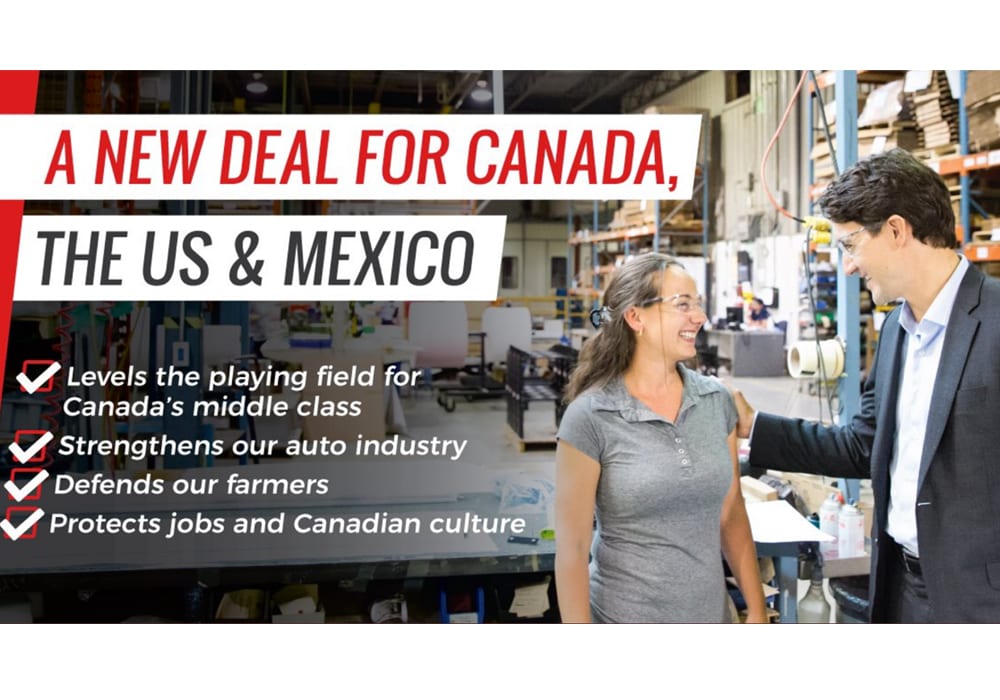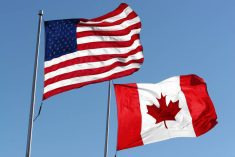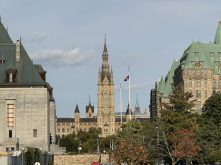Foreign Affairs Minister Chrystia Freeland has been praised and pilloried for her negotiation of the new North American Free Trade Agreement, now dubbed the U.S.-Mexico-Canada Agreement.
Which does she deserve?
University of Lethbridge political science professor Chris Kukucha thinks that Freeland and Canada’s negotiators did reasonably well.
“Ultimately what happened here is we get an agreement, USMCA, which is an ongoing representation of what Canada seeks in these agreements — very incremental change, very small change wherever possible.”
At an Oct. 25 meeting of the Southern Alberta Council of Public Affairs, Kukucha said that has been the pattern in previous trade negotiations, and Canada’s representatives are known for their strategy.
Read Also

Farming Smarter receives financial boost from Alberta government for potato research
Farming Smarter near Lethbridge got a boost to its research equipment, thanks to the Alberta government’s increase in funding for research associations.
“We have a profoundly respected reputation in the international community as being what some people call chisellers,” he said.
“We are a pain in the ass to deal with in international trade agreements because we have these extraordinarily tough positions on issues and we don’t budge.”
As part of that strategy, Canada at one point raised issues it had no intention of pursuing, such as climate change, Indigenous rights and gender equality. All were attempts to “do what we always do. — be difficult to deal with and hold on really tight.”
That said, Kukucha added that concessions on supply management and particularly dairy were not insignificant and will require Canadian dairy producers to reduce production of certain products.
As in other trade agreements with Europe and the Pacific Rim, Canada opened up some access to foreign dairy imports.
“There is some validity, though, to the death by a thousand cuts argument that the Dairy Farmers of Canada and others are making because it is slowly opening the market, little bit by little bit, in every single agreement, and that will likely continue in the future,” he said.
Chapter 19, the dispute settlement mechanism, was retained in the new agreement, which was a deal breaker for Canada.
Kukucha also noted changes to online shopping taxes and duties. Minimas thresholds, the amount people can buy without paying export taxes, were raised to $150 from $20. Sales taxes must still be paid on anything over $40.
The professor highlighted two unique and new aspects to USMCA: Section 32-10 and Section 33.
The former says signatories will not pursue agreements with other non-market countries. Kukucha views that as an U.S. attempt to portray North America as a unified front, particularly in terms of China.
Section 33 prohibits manipulation of currencies, which was a priority for the Americans but a surprise to Canada, he said.


















